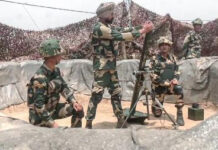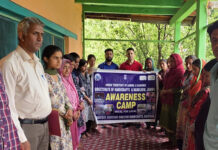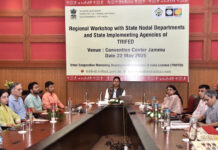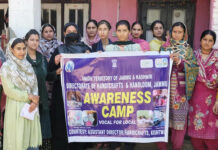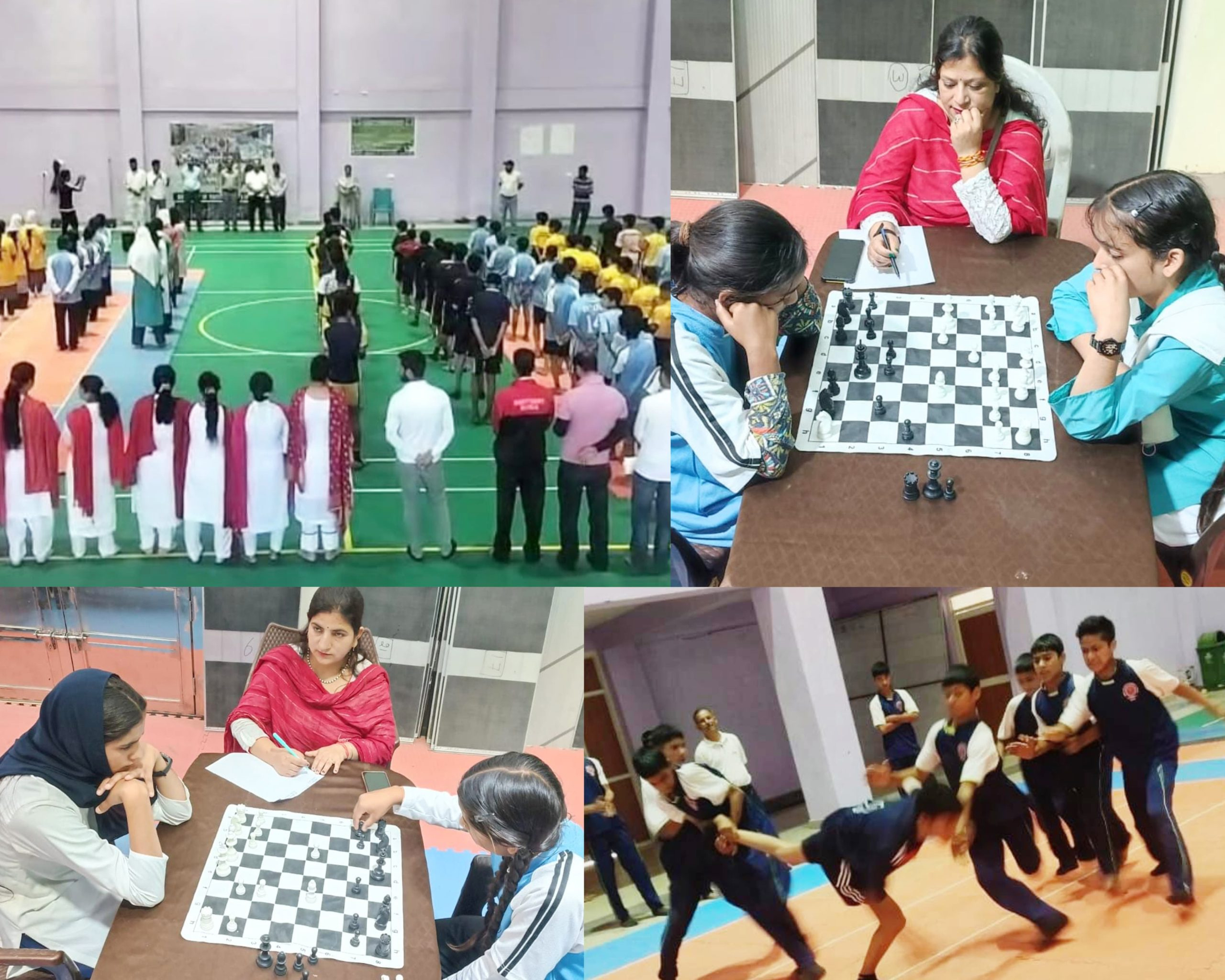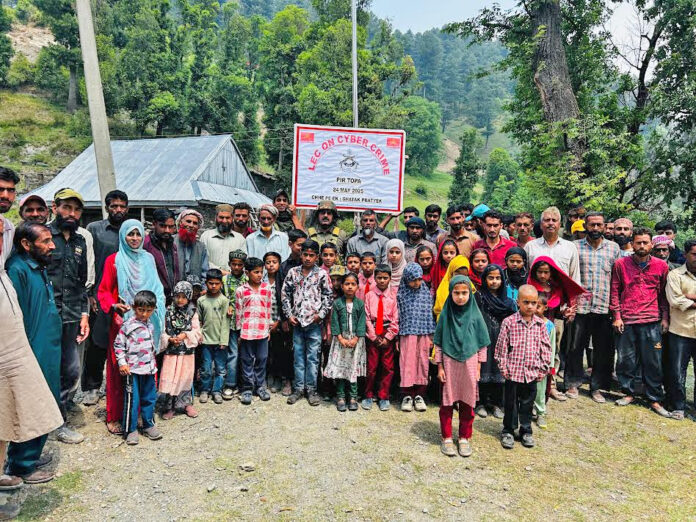DH NEWS SERVICE
Poonch, may 25
As part of its continued commitment to fostering strong civil-military relations and ensuring the safety and well-being of citizens, the Indian Army organised an awareness lecture on Cyber Crime at Pir Topa in Poonch district. The event aimed to educate the youth and local populace about the rising threats in cyberspace and the necessary precautions to safeguard themselves in an increasingly digital world.
With the widespread penetration of internet access even in remote areas, the risk of cyber-related threats has also grown. Understanding this evolving challenge, the Indian Army took the initiative to reach out to the residents of Pir Topa and surrounding villages to make them aware of cyber threats such as hacking, phishing, ransomware, identity theft, online financial frauds, and cyber terrorism.
A total of 72 local residents, including a large number of youth, attended the session. During the lecture, a representative of the Indian Army highlighted how cyberspace today has become a vast, interconnected community involving billions of users. While technology has brought numerous benefits, it has also opened doors for cybercriminals. The speaker explained the common techniques used by cyber offenders and the severe consequences these crimes can have on personal privacy, finances, and national security.
The audience was informed that while cybercrime is indeed a serious issue, it can be effectively managed through awareness, caution, and the use of basic cyber hygiene. Emphasis was laid on the importance of strong passwords, not sharing personal information online, avoiding suspicious links, and promptly reporting any suspicious activity.
The lecture concluded with an interactive session, where locals asked questions and shared their concerns. The Indian Army also served refreshments to the attendees, further fostering a warm and engaging environment.
The initiative was widely appreciated by the local residents, who thanked the Army for taking the time to educate them on such an important topic. Given the limited reach of civil administration in remote regions, this outreach by the Indian Army was seen as both timely and essential.
This effort not only enhanced cyber awareness among the villagers but also reinforced the strong bond of trust and cooperation between the Indian Army and the local population. It was yet another example of the Army’s dedication to public welfare beyond its primary security role.
4o


